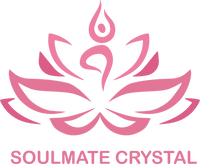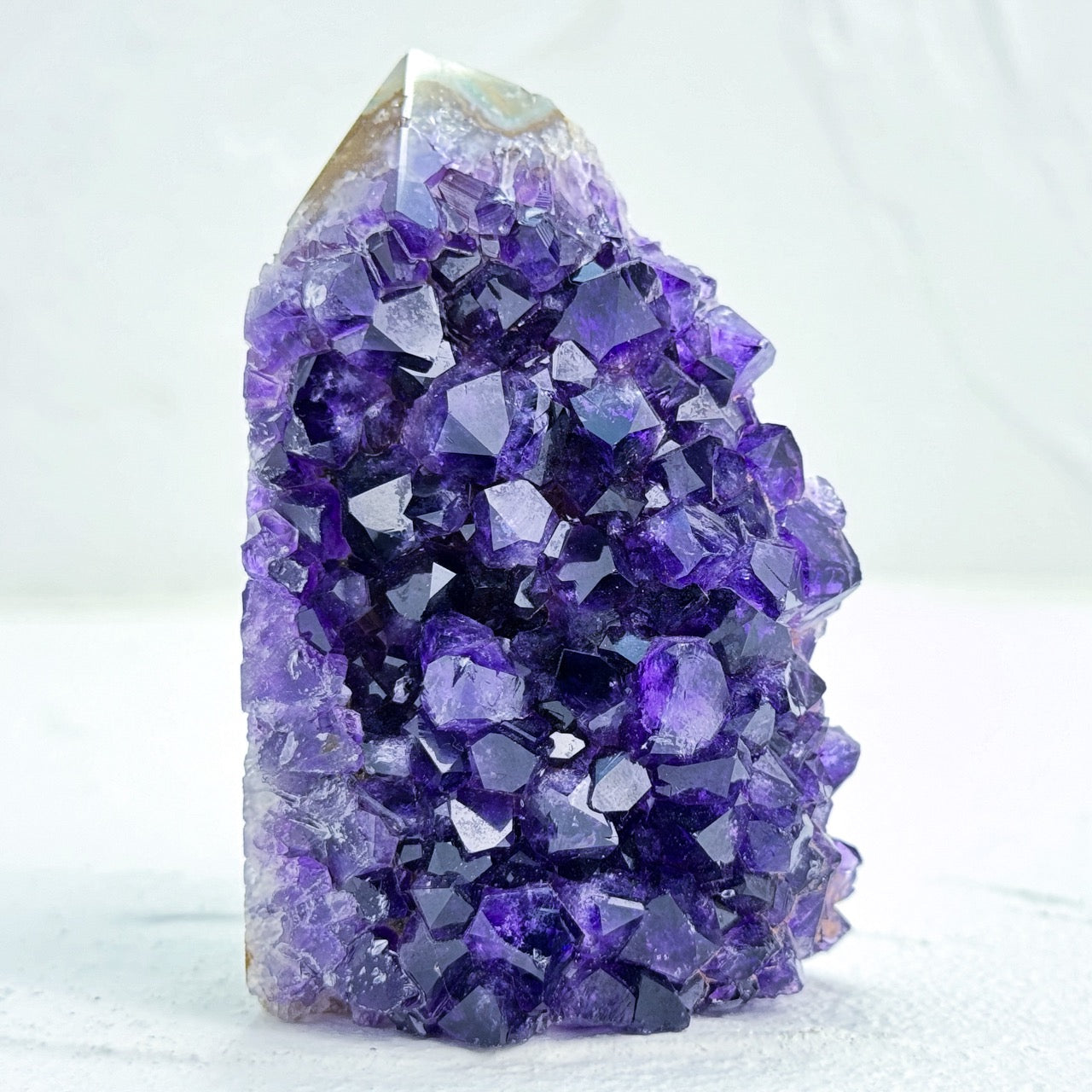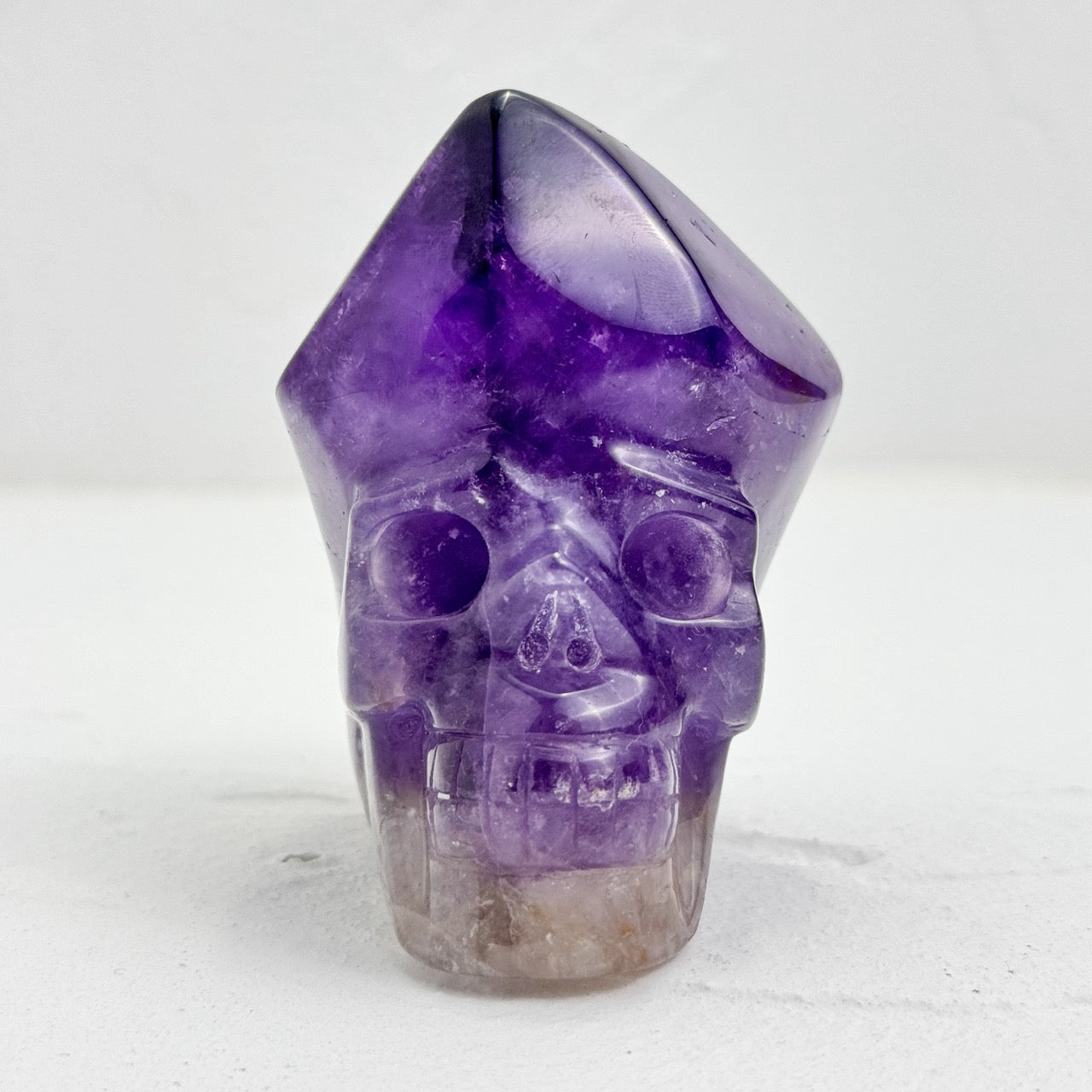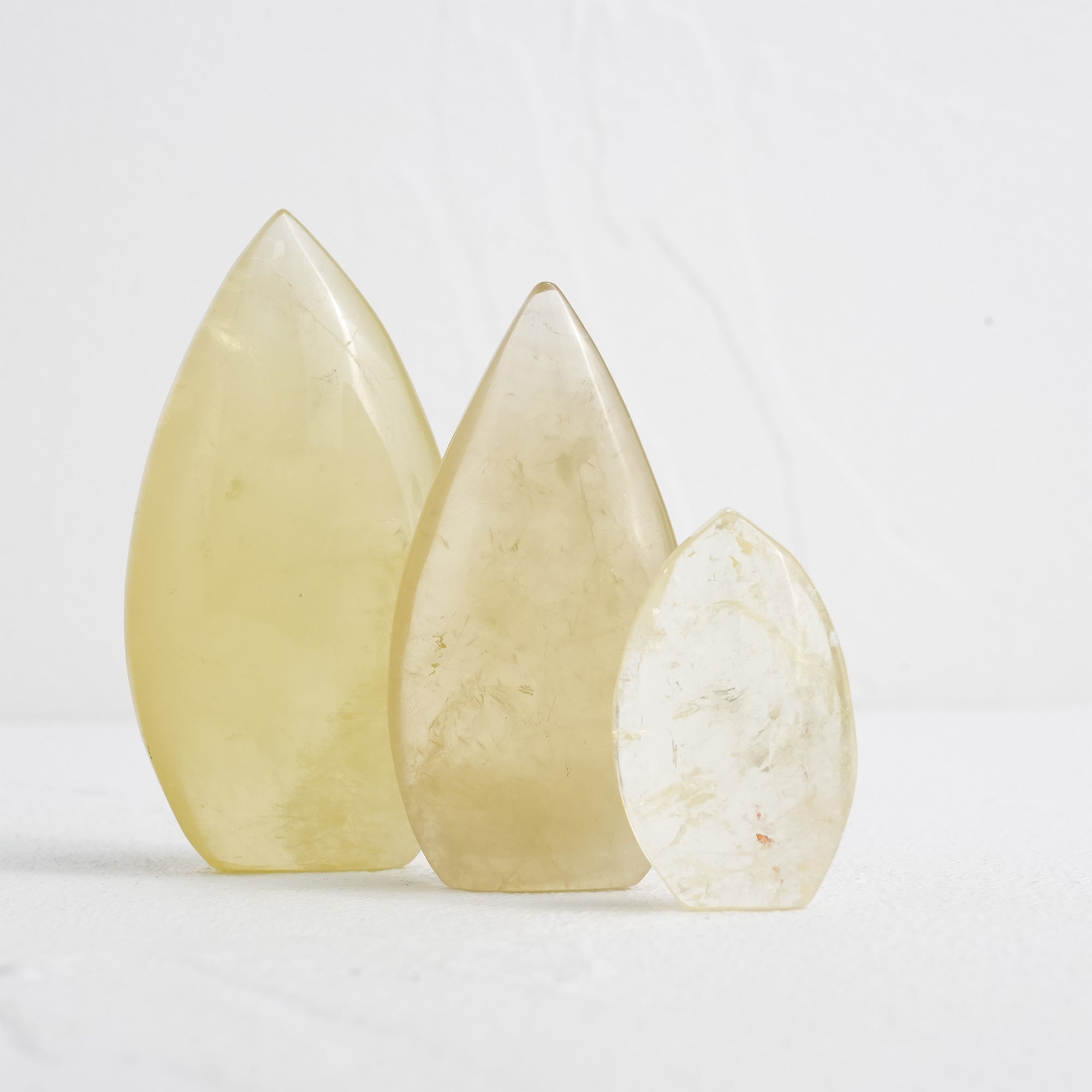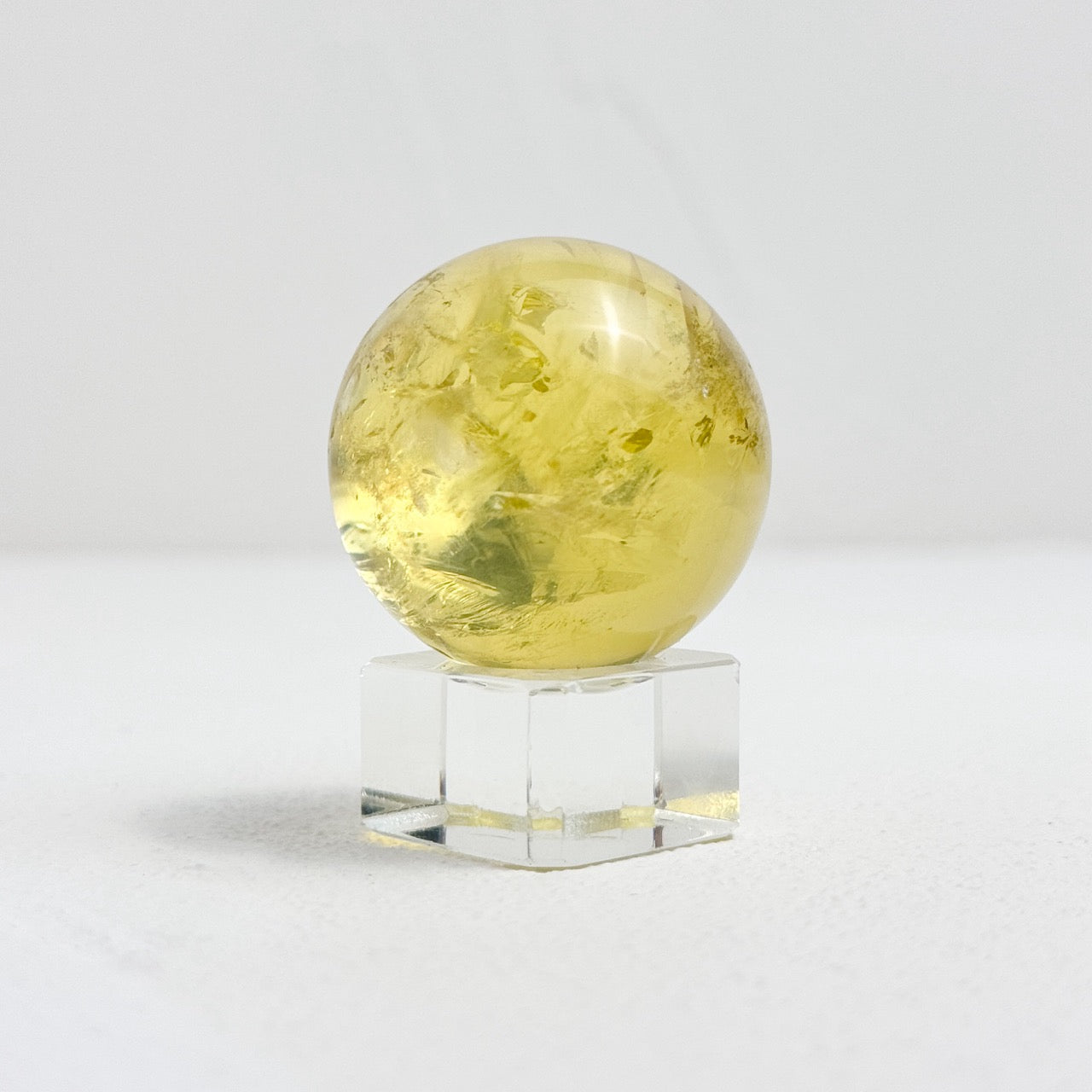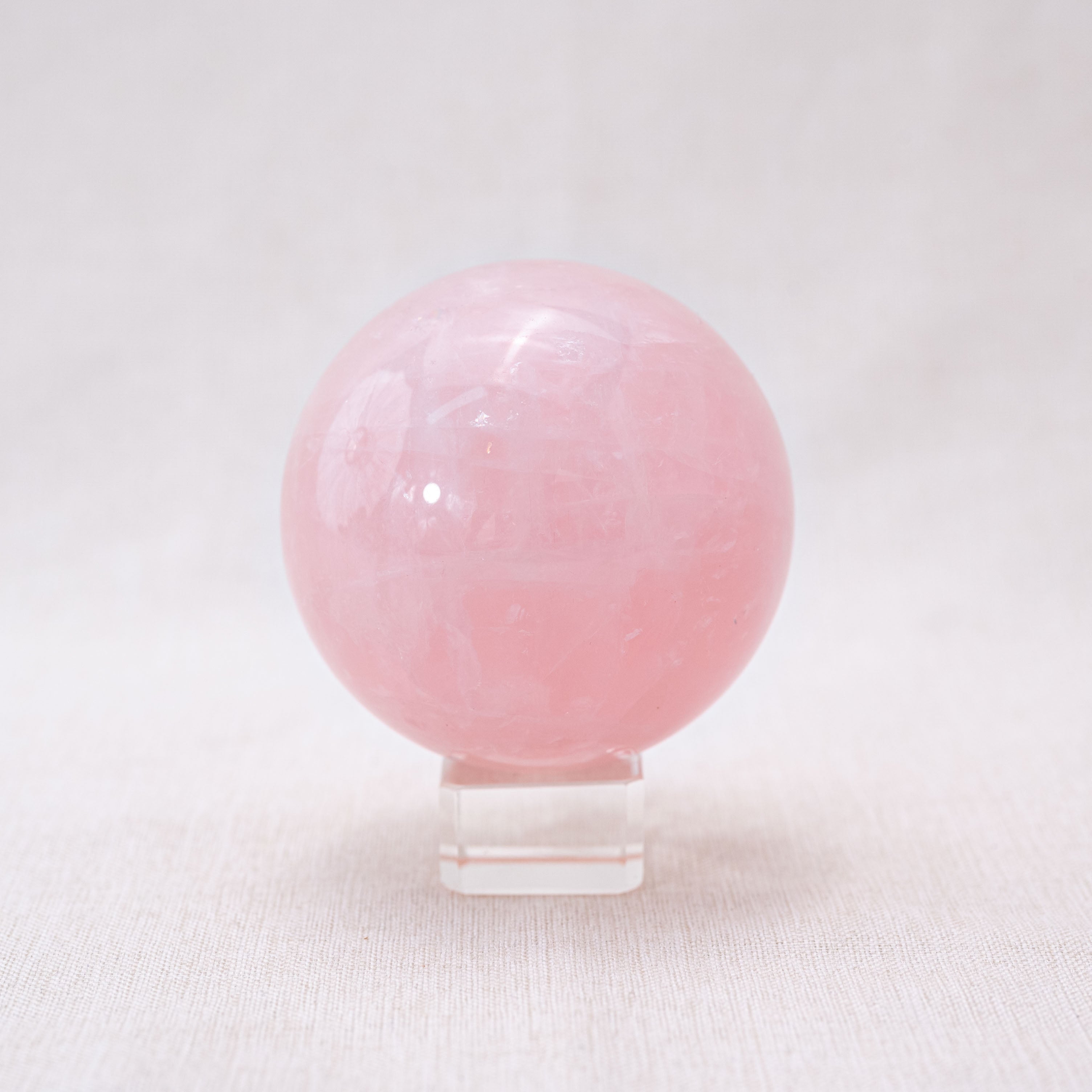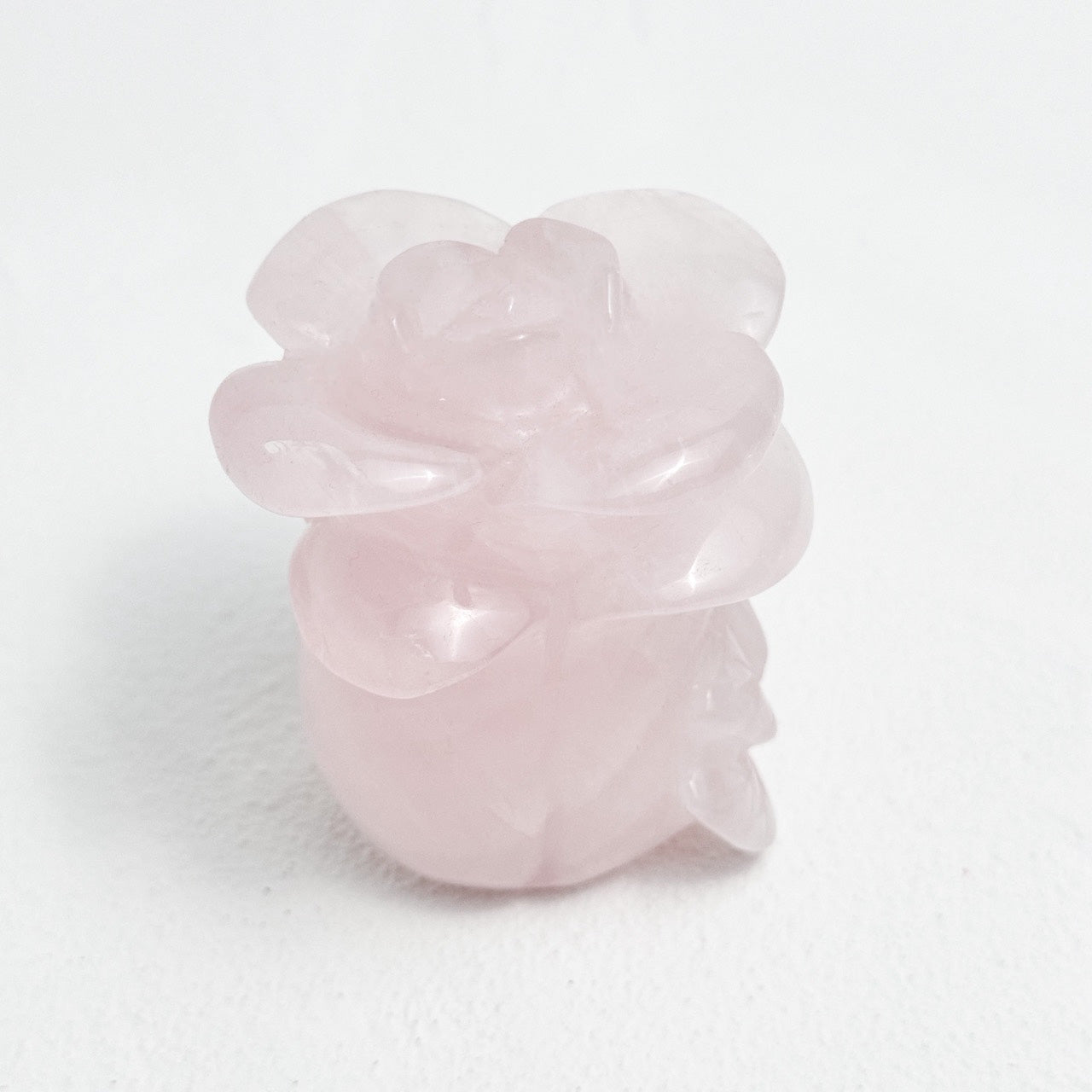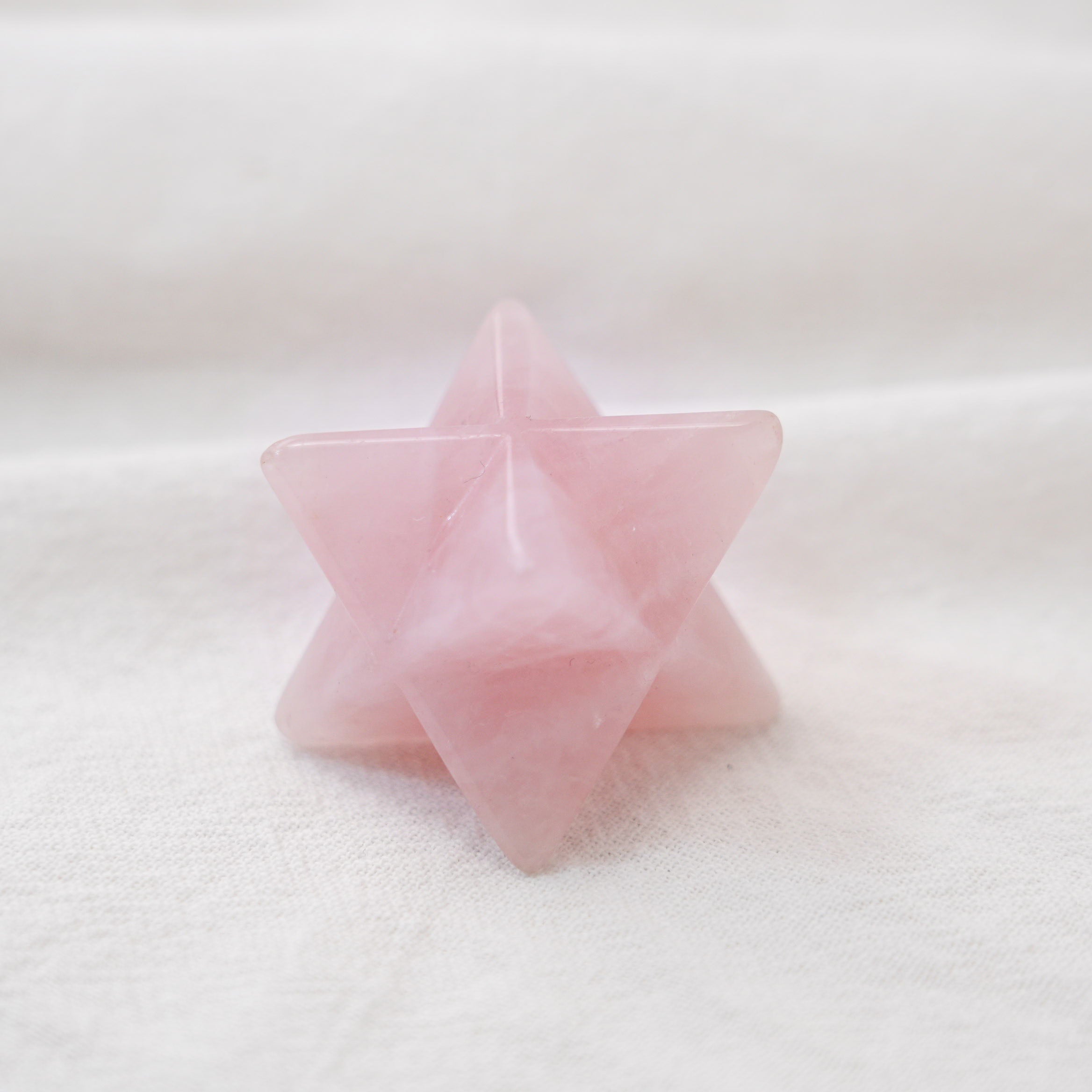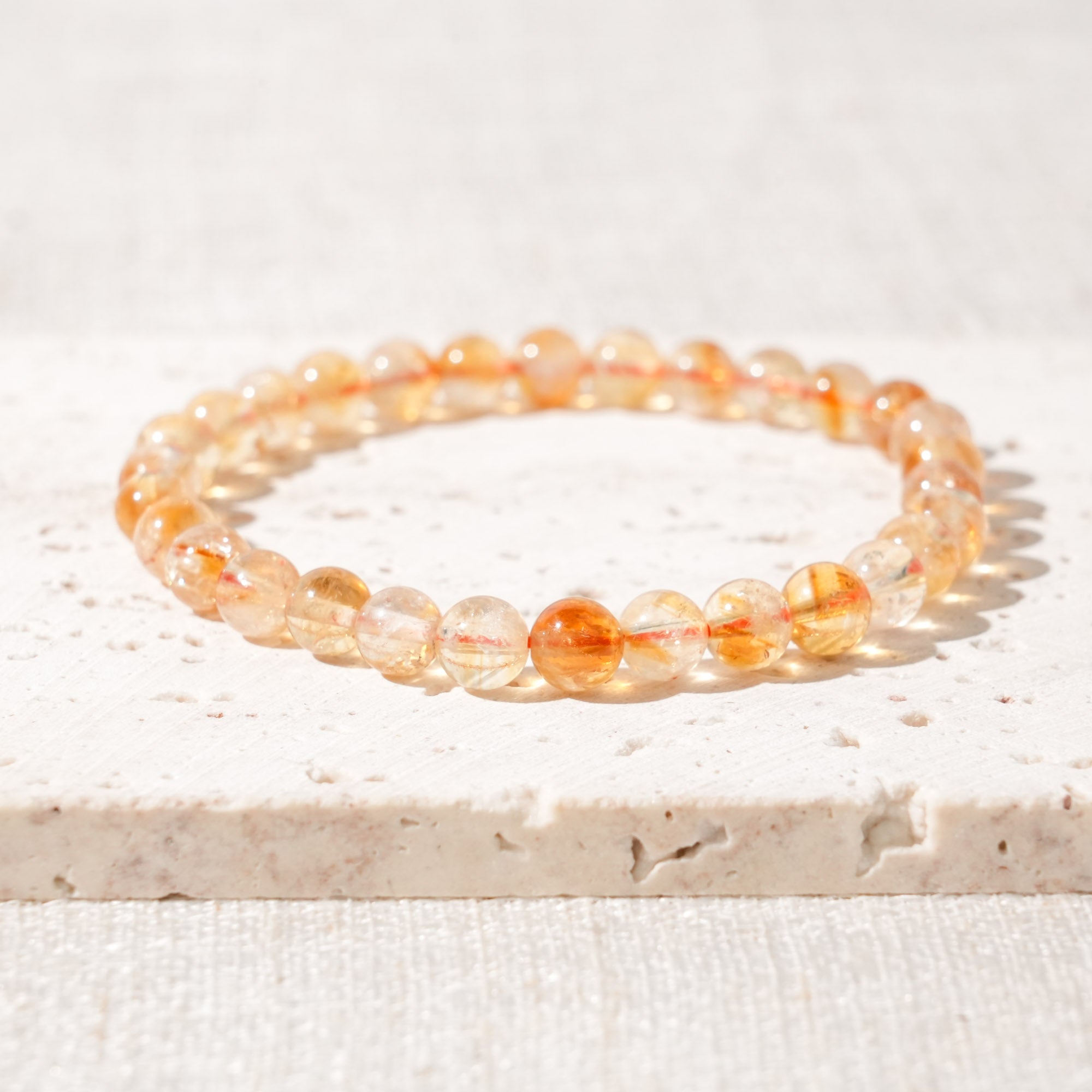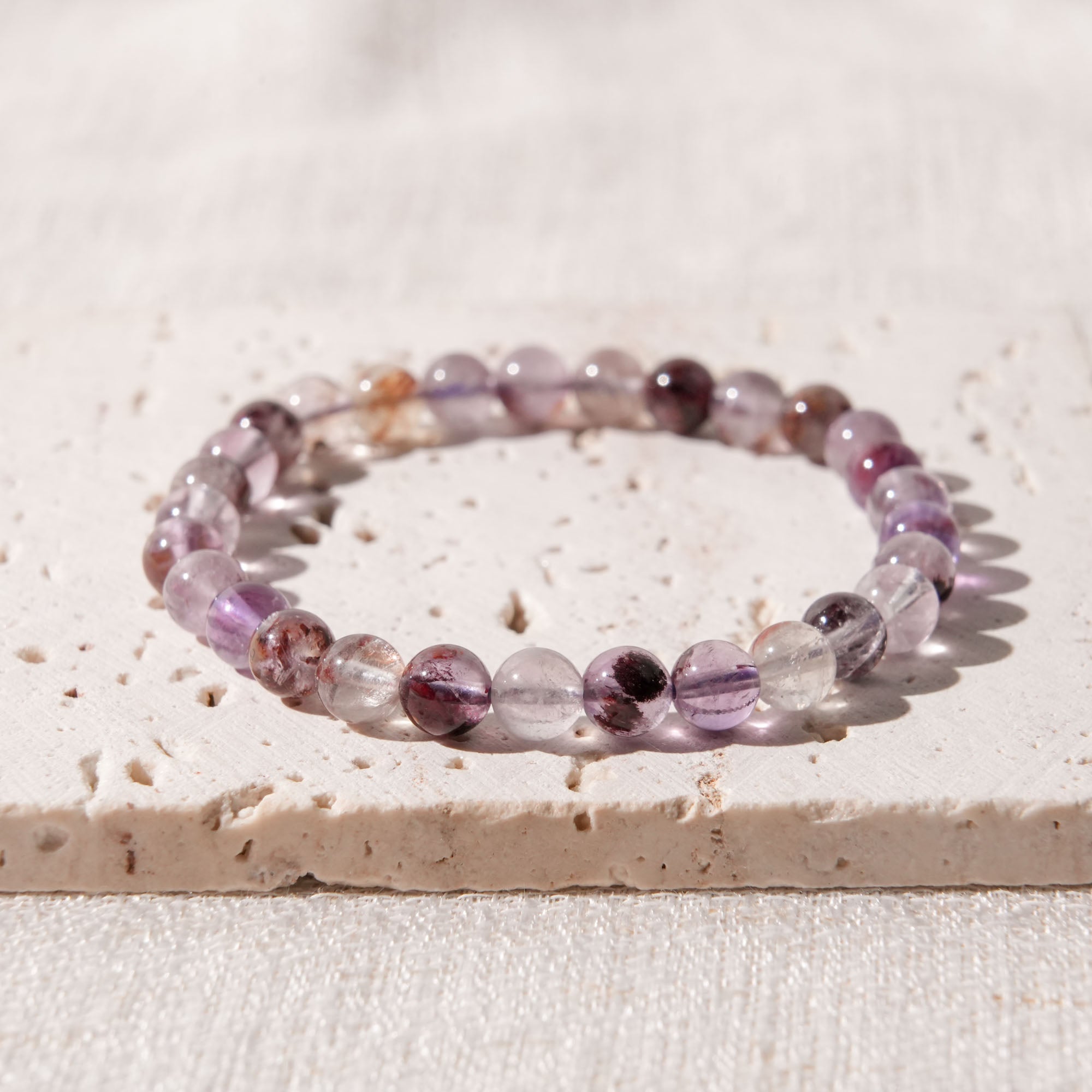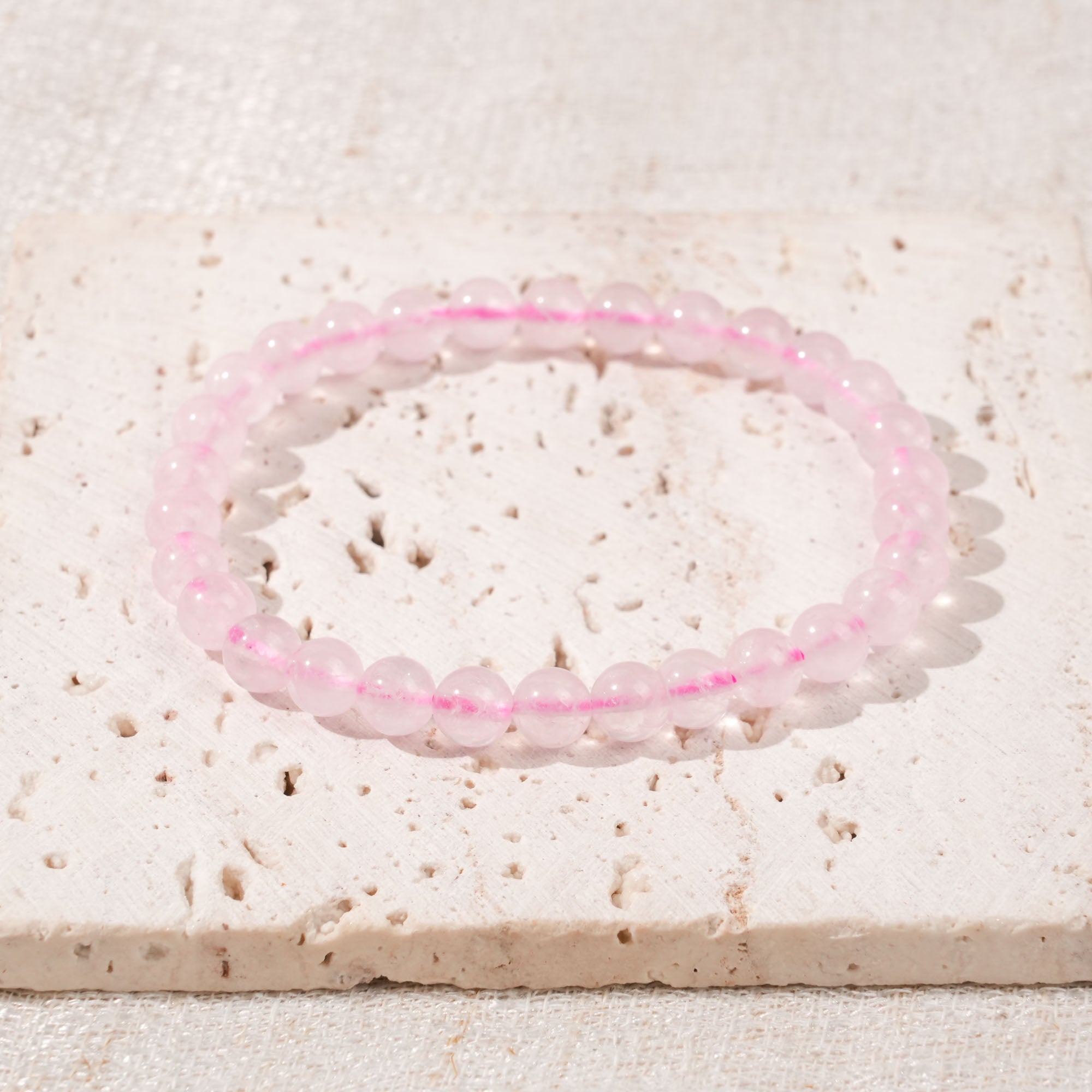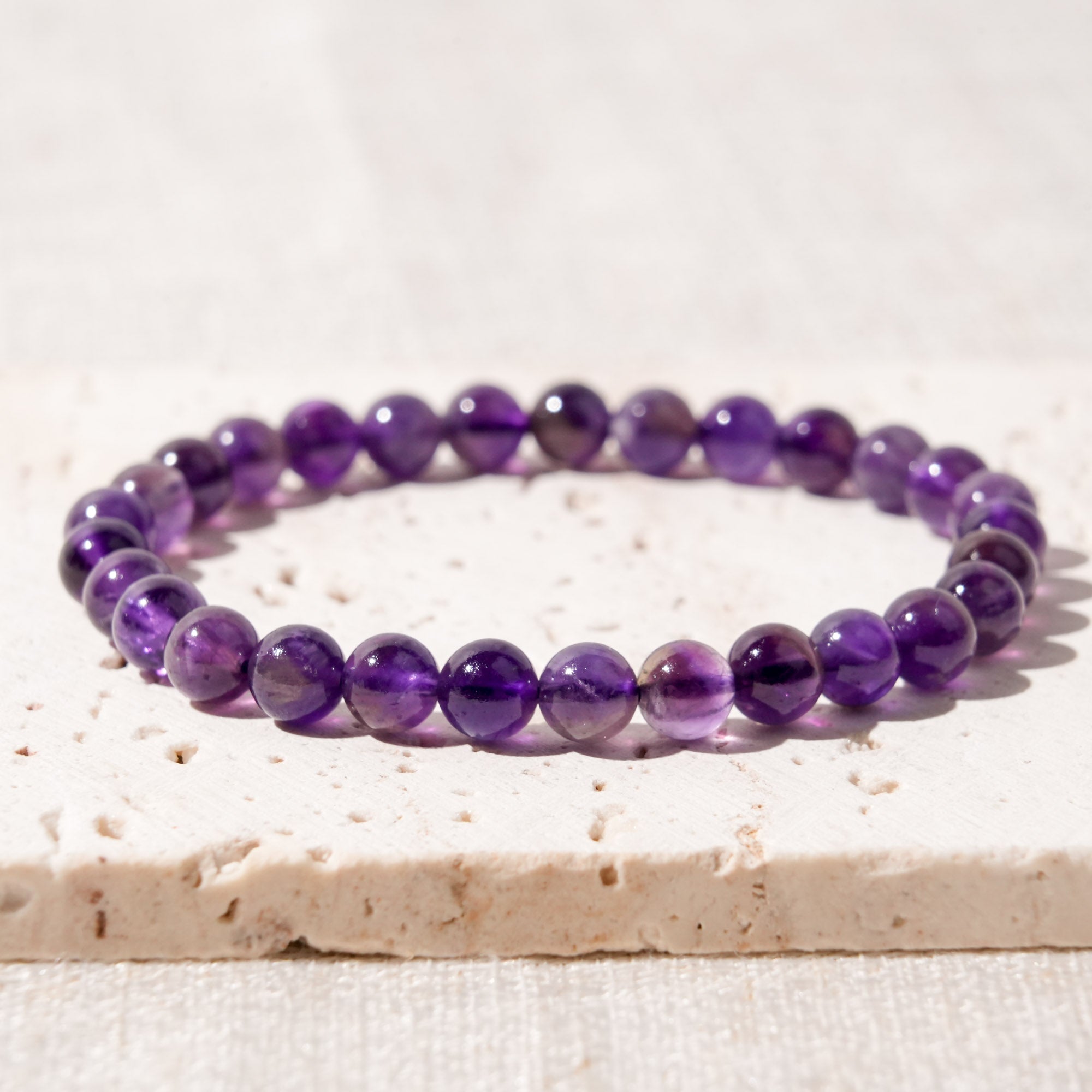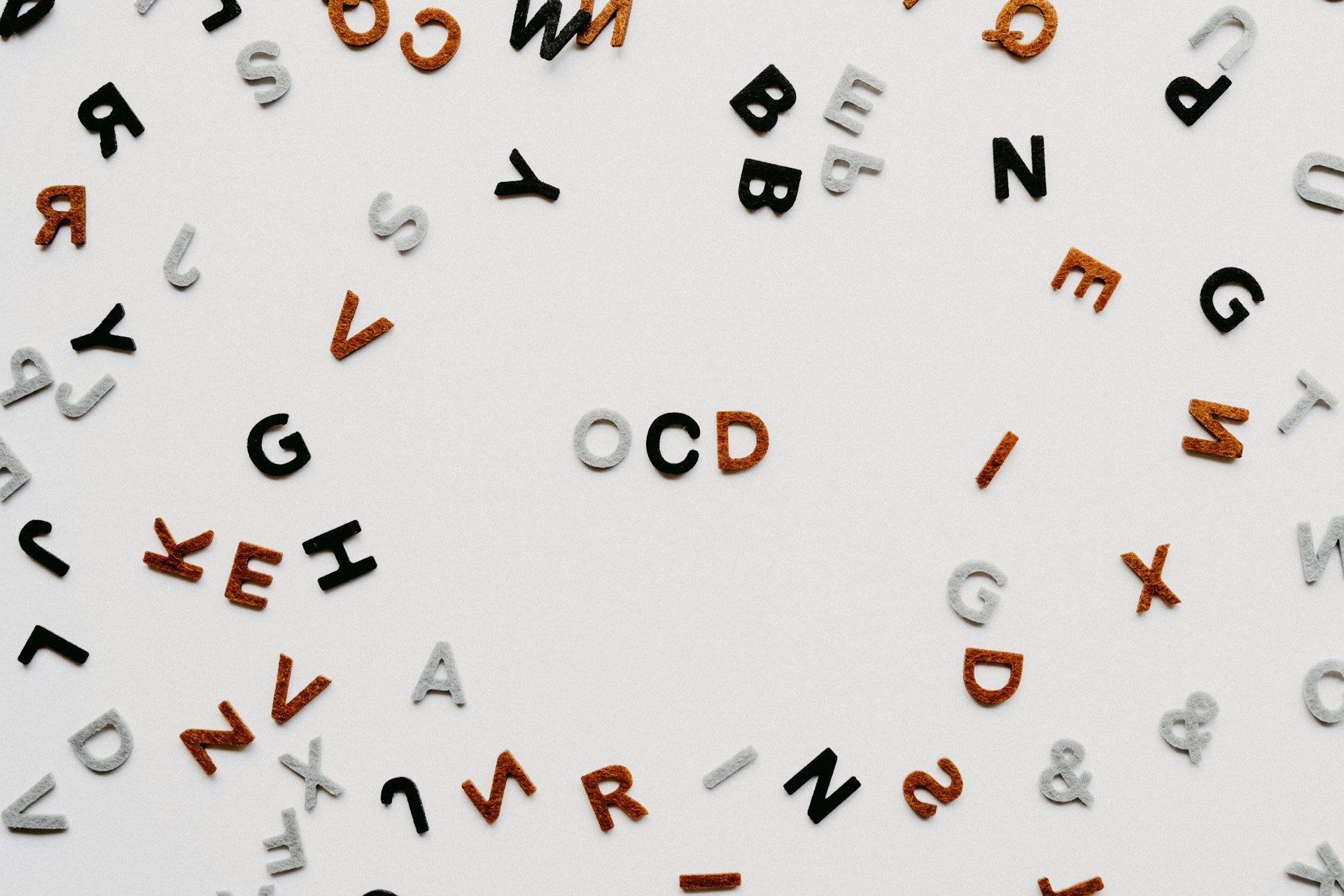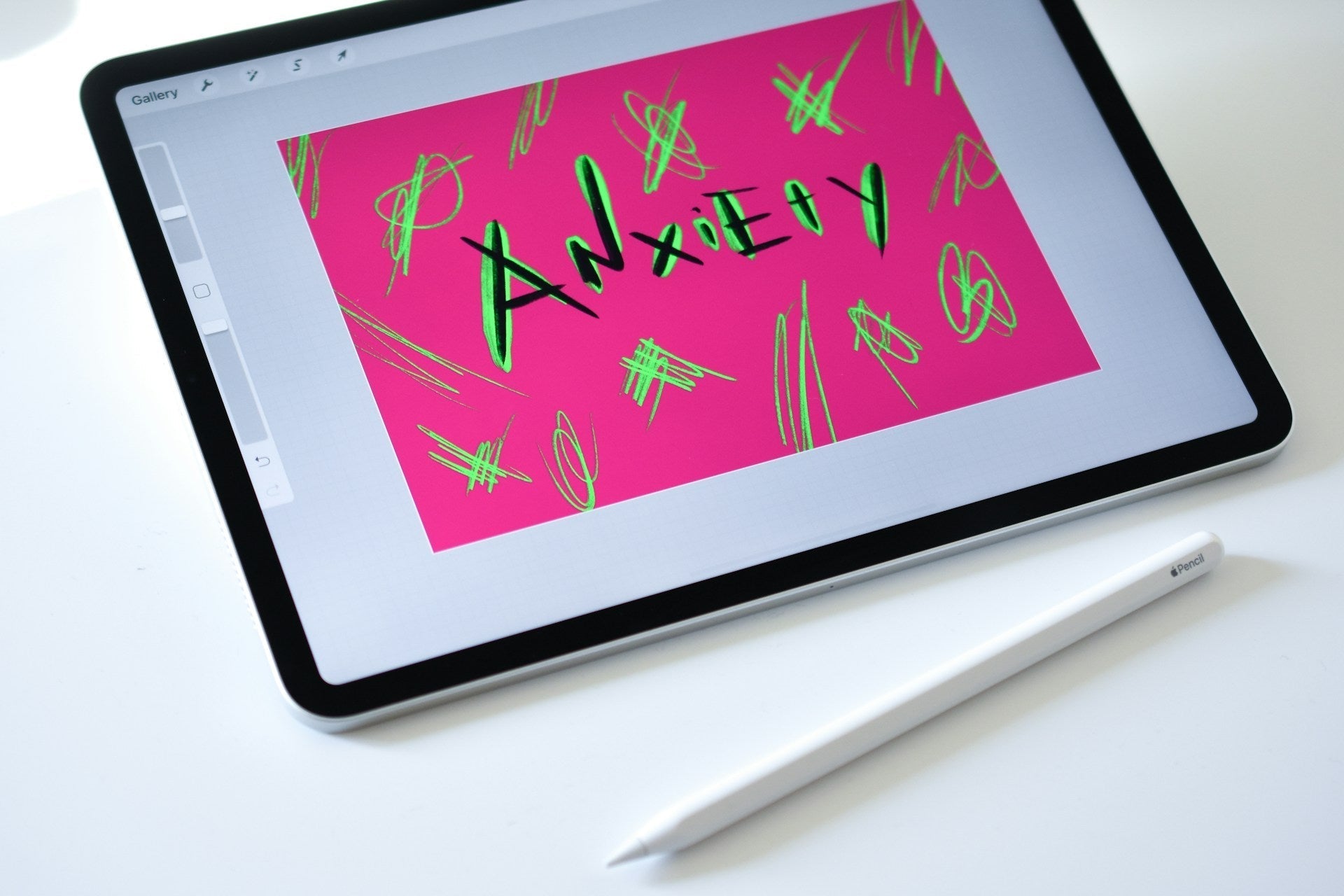 In This Article
In This ArticleThe Concept of Feng Shui

lmage Source : Unsplash
Feng Shui is an ancient Chinese practice that improves harmony, health, and prosperity by adjusting to the environment. Its core concept is based on the balance and coordination of the natural energy flow, known as “Qi.” Here are some key concepts of Feng Shui:
Qi (Energy)
Qi is the fundamental concept in Feng Shui, regarded as an invisible force or life energy. The goal of Feng Shui practices is to optimize the flow of Qi to enhance various aspects of life. Qi can be positive (Sheng Qi) or negative (Sha Qi). Good Feng Shui aims to direct and amplify Sheng Qi while avoiding and reducing Sha Qi.
Five Elements
The Five Elements in Feng Shui are Wood, Fire, Earth, Metal, and Water. These elements interact through cycles of generation and control, creating a balanced and cyclic relationship. Feng Shui practitioners adjust the arrangement and interaction of these elements to improve living environments and personal fortunes.
Bagua
Bagua is another essential tool in Feng Shui. It divides space into eight areas, each representing a different aspect of life, such as wealth, health, family, and career. By placing specific items or making appropriate adjustments in these areas, one can enhance the energy and influence of that aspect.
Direction and Orientation
Feng Shui places great importance on direction and orientation. The orientation of buildings, room layouts, and furniture placement all affect the flow of Qi. For instance, the front door of a house, known as the “mouth of Qi,” is the main entry point for Qi and should be kept clean and unobstructed to ensure good energy flow.
Yin and Yang
Yin and Yang is a foundational concept in Chinese philosophy, emphasizing opposing and complementary forces. Feng Shui seeks to balance Yin and Yang to create a harmonious environment, which is achieved by adjusting light, color, shape, and other elements.
Feng Shui aims to create a harmonious, healthy, and prosperous living space by optimizing various environmental factors. While different schools of Feng Shui may have varying theories and practices, the core objective is to improve the flow and balance of Qi.
The Role of Crystals in Feng Shui

lmage Source : Unsplash
Crystals play a vital role in Feng Shui, closely aligning with its core principles of enhancing energy flow to improve the quality of life. Both Feng Shui and crystals focus on adjusting and optimizing the energy flow within an environment. Crystals possess specific energy frequencies and healing properties that can enhance the balance of the five elements in Feng Shui.
Crystals, with their unique properties, are capable of absorbing, storing, and releasing energy. This characteristic is deeply rooted in their crystal structure and physical properties. Through their highly ordered crystal lattice, crystals can absorb energy from their surroundings, including the Earth's magnetic field, sunlight, and even electromagnetic radiation and emotional energy from human environments. This unique structure allows crystals to store energy over a long period, acting as energy' reservoirs.' When needed, these stored energies can be released through touch, heat, specific frequencies of light and sound vibrations, or by setting intentions and meditating, offering a fascinating insight into their role in energy healing.
In Feng Shui and energy healing, crystals are strategically placed to absorb negative energy, store positive energy, and release it when required. For example, citrine is often used in the wealth corner to attract prosperity. At the same time, black tourmaline is placed at entryways to protect against negative energy. This synergy between crystals and Feng Shui aims to create a harmonious and balanced environment, promoting overall well-being.
Top 5 Feng Shui Crystals

lmage Source : Unsplash
Citrine
Purpose: Attracts wealth and prosperity
Placement: Southeast corner (Wealth Corner)
Explanation: Citrine crystal is believed to have energy that attracts wealth and success. It is often placed in the southeast corner of the home or office, known as the Wealth Corner, to enhance financial luck and prosperity. It can also be kept near a wallet or cash box or used as a talisman to attract wealth.
Black Tourmaline
Purpose: Protection and purification
Placement: Entrance of the home or on a desk
Explanation: Black Tourmaline crystal is known for its powerful protective and purifying properties. It can absorb negative energy and provide stability. Place it at the entrance of your home or in critical areas to prevent negative energy from entering and protect family members.
Amethyst
Purpose: Enhances spiritual growth and emotional balance
Placement: Bedroom or center of the home
Explanation: Amethyst crystal is widely used for its calming and protective qualities. It is often placed in the bedroom to promote tranquility and deep sleep or in the center of the home to enhance overall energy balance.
Rose Quartz
Purpose: Enhances love and harmony
Placement: Bedroom or southwest corner (Love Corner)
Explanation: Rose Quartz crystal symbolizes love and is often used to improve relationships. Placing it in the bedroom or the home's southwest corner can enhance family harmony and romantic luck.
Hematite
Purpose: Grounding and protection
Placement: Entrance or critical areas of the home
Explanation: Hematite has firm grounding and protective energy, helping to absorb negative energy. It is typically placed at the entrance or in critical areas of the home to maintain positive energy flow and block negative energy from entering. It can also be used for meditation or detoxification in meditation areas or the bedroom.
By placing these crystals, you can enhance the balance of the five elements in Feng Shui, promoting energy harmony in your home or office environment, thereby improving overall well-being and prosperity.
How to Choose and Arrange Feng Shui Crystals

lmage Source : Unsplash
Choosing and arranging Feng Shui crystals involves considering several critical factors, including the properties of the crystals, their placement, and your intentions. Here are some tips for selecting and arranging Feng Shui crystals:
Choosing Crystals
Determine Your Purpose
First, identify what you want the crystals to achieve, such as attracting wealth, protecting the home, enhancing emotional harmony, etc. Then, select crystals that have the corresponding properties. For example, Citrine is for wealth, Black Tourmaline is for protection, and Amethyst is for balance.
Arranging Crystals
Please select the Appropriate Location
Place the crystals in the appropriate locations based on their functions and Feng Shui principles. For instance, wealth crystals should be placed in the wealth corner of your home (southeast direction), protection crystals near the entrance or critical positions, and love crystals in the relationship area or marriage corner.
Incorporate into Feng Shui Layout
Ensure the crystals are placed in the correct positions within your Feng Shui layout, allowing them to function effectively and harmonize with the overall environment. Avoid placing crystals in cluttered or obstructed areas to ensure a good energy flow.
Consider the Number of Crystals
Feng Shui emphasizes balance, so consider the number of crystals you use. Avoid overloading with too many crystals to prevent energy overload or chaos. Choose an appropriate number of crystals based on your actual needs to achieve balance and harmony.
Intention and Adjustment
Set Clear Intentions
When placing the crystals, set clear intentions and goals, such as attracting wealth, protecting the home, or enhancing emotional well-being. Crystals are more effective when programmed with specific intentions, helping manifest your desires.
Regular Adjustment
Regularly check and adjust the placement of your crystals to ensure they continue to work effectively and maintain positive energy flow. If you notice changes in your environment or feel the need for more support, consider adjusting the positions of your crystals or adding new ones.
You can maximize their energetic benefits by selecting suitable crystals and arranging them appropriately within your Feng Shui layout, promoting harmony and balance in your environment.
FAQs
Do feng shui crystals need regular cleaning and charging?
Yes, feng shui crystals require regular cleaning and charging. Cleaning helps remove negative energies that the crystals may have absorbed, keeping their healing properties and energy pure. Standard cleaning methods include:
- Rinsing under running water.
- Exposing them to sunlight or moonlight.
- Soaking them in salt water.
- Using sound vibrations like bells or tuning forks.
Charging methods include placing the crystals in sunlight, moonlight, or a charging plate or charger.
Can I use the same method to clean all types of crystals?
Not all crystals are suitable for the same cleaning methods. Some, such as sulfur and malachite, are sensitive to water and should not be soaked or exposed to water for long periods. These crystals can be cleaned using dry methods, like burying them in sea salt or using sound vibrations like tuning forks. More complex, water-safe crystals, like quartz varieties, can be cleaned under running water or charged in sunlight or moonlight. It's best to understand each crystal's specific properties and care requirements before cleaning.
Can feng shui crystals have adverse effects?
Feng shui crystals do not bring adverse effects, but improper use or placement can lead to energy imbalances. For example, placing a crystal with vital energy in the bedroom might affect sleep. Additionally, crystals that have yet to be cleaned or charged may absorb too much negative energy, reducing their effectiveness.
What is the difference between feng shui crystals and other feng shui tools?
The difference between feng shui crystals and other feng shui tools is their unique energy properties and uses. Feng shui crystals improve the environment and personal energy through their natural vibrations. In contrast, tools like feng shui compasses, bagua mirrors, and wind chimes rely more on shapes, colors, and materials to adjust and optimize energy flow in a space. Crystals can directly affect emotional, physical, and spiritual well-being. In contrast, other tools are generally used to enhance and balance the environment's energy.
Can feng shui crystals be used with other feng shui tools?
Yes, feng shui crystals can be used alongside other feng shui tools. Combining them can enhance the overall energy harmonization effect. For example, you can place feng shui crystals in appropriate locations using a bagua mirror, wind chimes, or a compass to achieve better energy balance and flow. This combination can leverage the strengths of different tools to create a more harmonious and beneficial environment.
Can different types of feng shui crystals be used together?
Yes, different types of feng shui crystals can be used together to combine their energies for better healing and balance. When combining crystals, you can choose complementary ones based on your specific needs and goals. For example:
Clear Quartz and Black Obsidian
Clear Quartz amplifies energy and intentions, while Black Obsidian offers protection and grounding. Together, they enhance energy and provide security.
Rose Quartz and Amethyst
Rose Quartz promotes love and emotional healing, while Amethyst enhances spiritual awareness and inner peace. Together, they boost emotional and spiritual energy.
Citrine and Green Phantom Quartz
Citrine attracts wealth and success, while Green Phantom Quartz promotes health and growth. Together, they enhance both wealth and health energy.
When combining crystals, ensure each has enough space for its energy to flow freely. Regular cleaning and charging are also necessary to maintain each crystal's optimal state. With proper combination and maintenance, you can fully utilize the energies of different crystals for better feng shui results.
